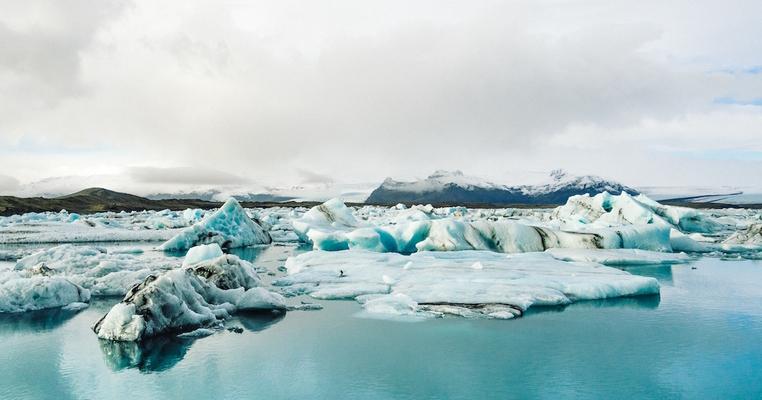
Why People Ignore the Science Behind the Climate Crisis (and What You Can Do)
In the era of fake news, it’s more important than ever to communicate the truth about what’s happening to our planet. But what happens when you present scientific facts to the people in your life who don’t understand the urgency of the crisis, and their beliefs become more deeply rooted?
Many of us experience conversations like this time and time again. You might even wonder, if more than 97 percent of climate scientists agree that climate change is real and caused by humans, why is there a divide among Americans?
The answer may be partly because of two psychological concepts: confirmation bias and the backfire effect. In this blog post, we explore what these two phenomena tell us about why some people reject the scientific truth behind the climate crisis – and what you can do to help bridge the gap.
Confirmation Bias
Confirmation bias can tell us a lot about human behavior and reasoning. Put simply, confirmation bias is when we look for or accept information that’s in line with our existing beliefs and reject information that contradicts them.
This concept has been researched extensively, and one of the most famous studies was by researchers at Stanford University in 1979. In the study, there were two groups of participants: one group that supported the death penalty and a second group that opposed it. Researchers showed each group two made-up studies and their results. The first study’s results confirmed participants’ existing beliefs about the effectiveness of the death penalty to reduce crime, and the second study’s results opposed them. Then, the researchers asked the participants to rate how convincing each study’s results were.
The researchers found that how likely the participants were to accept the study’s findings or search for weaknesses depended mostly on whether the results were in line with their existing beliefs. In other words, participants were more likely to believe the results that were more similar to their existing beliefs, and vice versa.
The good news is there may be a silver lining. In a follow-up study, the same researchers found a strategy to counter confirmation biases, and it involves asking people to thoughtfully consider not what they believe but how they came to believe it. Researchers asked subjects to ask themselves if they would hold the same beliefs if the evidence they relied on produced exactly the opposite results. What they saw was that subjects in this “consider the opposite” study were able to overcome their biases and openly consider other points of view.
So when discussing climate change with the people in your life who don’t understand its urgency, ask them to think about why they believe the planet isn’t warming and why we don’t need to act. Ask them to imagine that the evidence said exactly the opposite and ask how they would feel.
They may not change their minds then and there, but chances are you’ll open their minds and encourage them to think about the issue in a way you couldn’t if you simply repeated the facts themselves. Which brings us to the second factor.
<< Related: How to Talk to Your Friends about the Climate Crisis >>
The Backfire Effect
The second psychological concept that could be at play when people reject the scientific consensus on climate change is what’s known as “the backfire effect.” This term was famously coined in 2010 when researchers at Dartmouth College conducted four experiments investigating if presenting facts is effective to change people’s beliefs.
In one of the experiments, researchers showed participants a mock news article that falsely stated there were weapons of mass destruction in Iraq. Researchers then showed the participants a second article that corrected the misconception and confirmed that weapons of mass destruction had not been found. Then, participants stated if they agreed that Iraq had weapons of mass destruction.
The results were surprising, and had an unexpected twist. The participants who opposed the war and believed Iraq never had weapons of mass destruction believed the second article, while participants who supported the war were convinced by the mock article. But there’s more: the participants who supported the war were more convinced that there were weapons of mass destruction after they saw the article correcting the mock article.
One recent study showed that the backfire effect may not be as strong as psychologists once thought, and we think it’s important to point out this possibility.
Regardless, these studies – while not specifically about climate change – give insight into the psychology behind human behavior and why some people may reject the scientific consensus on climate change.
What can you do?
There’s no one quick or easy strategy to use when interacting with friends and family who don’t consider the climate crisis a priority or who haven’t taken action yet, but one thing we can all do is emphasize how protecting our climate will create a better future, which can result in more feelings of hope. And when people feel hopeful about our climate and our planet’s future, research shows they have a stronger interest in wanting to keep it safe.
If you’re ready to take action in other ways, join our activist email list today and we'll keep you updated about what’s next for the climate movement.


